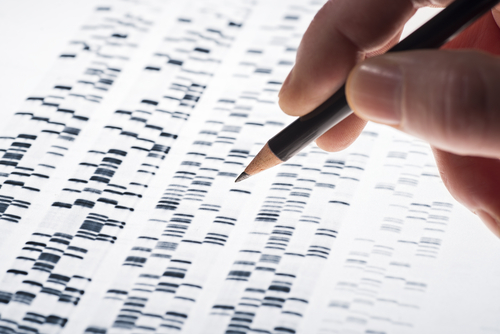CRISPR sheds light on gene key to human embryo development
IANS Sep 22, 2017
In a first, researchers have used the CRISPR-Cas9 gene-editing technique to reveal the role of a key gene in human embryos in the first few days of development.

The findings published in the journal Nature could help scientists to better understand the biology of our early development and lead to new treatment for infertile couples. The team used the genome editing technique to stop the gene from producing a protein called OCT4, which normally becomes active in the first few days of human embryo development. After the egg is fertilised, it divides until at about seven days to form a ball of around 200 cells called the 'blastocyst'. The study found that human embryos need OCT4 to correctly form a blastocyst.
"One way to find out what a gene does in the developing embryo is to see what happens when it isn't working," said lead researcher Kathy Niakan from the Francis Crick Institute in London."Now we have demonstrated an efficient way of doing this, we hope that other scientists will use it to find out the roles of other genes," Niakan said. "If we knew the key genes that embryos need to develop successfully, we could improve IVF treatments and understand some causes of pregnancy failure. It may take many years to achieve such an understanding, our study is just the first step," Niakan said. The team spent over a year optimising their techniques using mouse embryos and human embryonic stem cells before starting work on human embryos. To inactivate OCT4, they used CRISPR-Cas9 to change the DNA of 41 human embryos.
After seven days, embryo development was stopped and the embryos were analysed.The embryos used in the study were donated by couples who had undergone IVF treatment, with frozen embryos remaining in storage.The majority were donated by couples who had completed their family, and wanted their surplus embryos to be used for research. The study was done under a research licence and strict regulatory oversight from the Human Fertilisation and Embryology Authority (HFEA), the UK Government's independent regulator overseeing infertility treatment and research.
-
Exclusive Write-ups & Webinars by KOLs
-
Daily Quiz by specialty
-
Paid Market Research Surveys
-
Case discussions, News & Journals' summaries